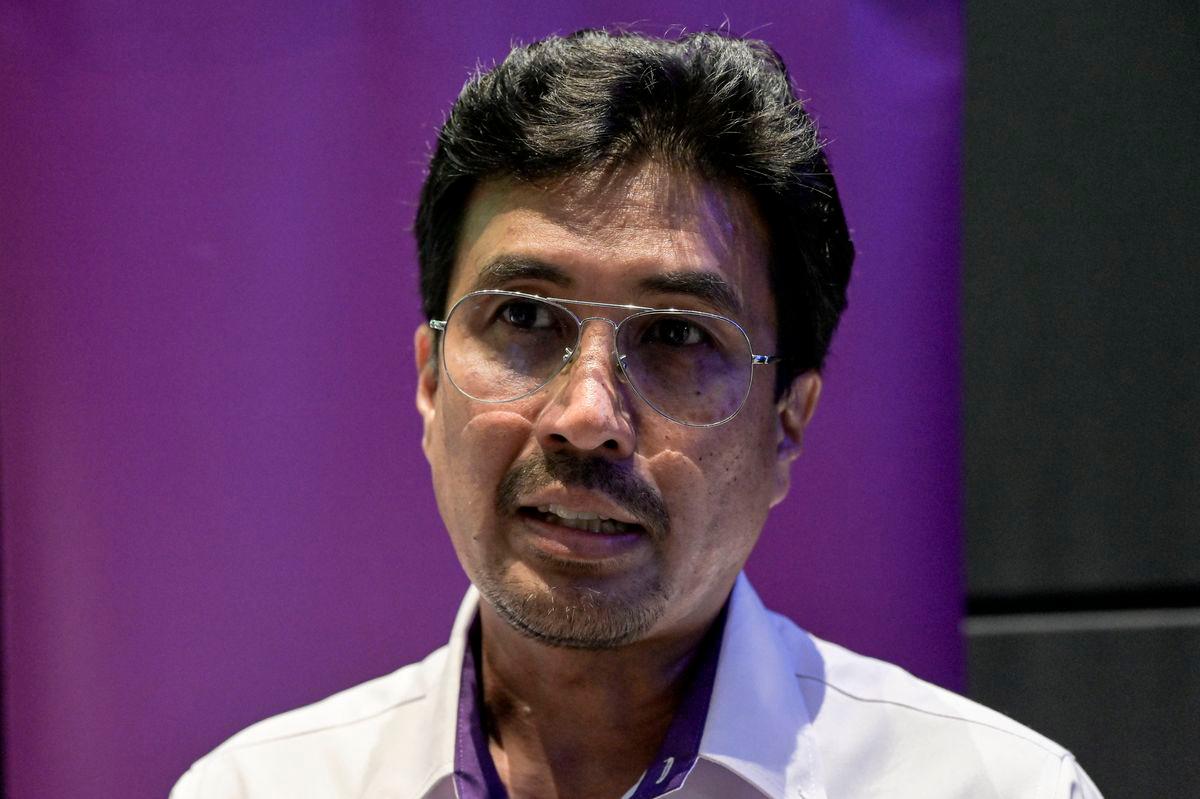KUALA LUMPUR: Creative industry players hope Budget 2026 will prioritise holistic sector development to strengthen the industry ecosystem and ensure sustainable and competitive growth.
National Film Development Corporation Malaysia chief executive officer Datuk Azmir Saifuddin Mutalib said three key areas have been proposed.
These include improving the welfare of industry practitioners, strengthening the creative economy, and content centred on national identity and unity.
“We’ve proposed the establishment of Dana Kenegaraan to encourage more unity-themed productions and to continue industry training programmes to prepare practitioners for emerging technologies, including artificial intelligence,“ he told Bernama.
He said the welfare of creative workers remains a key concern, with proposals to expand access to social protection such as SOCSO contributions and insurance coverage, especially for freelancers.
Azmir Saifuddin also urged the government to maintain existing incentives like the Film in Malaysia Incentive, which has been effective in attracting foreign investment and creating local employment opportunities.
Malaysian Television Producers Association president Datuk Jurey Latiff Rosli called for a new RTM procurement policy that is development-driven and supported with adequate funding.
“The television industry is not just about entertainment. It plays a nation-building role by promoting positive values and unity,“ he said.
“However, most production companies are operating on a small scale without stable income due to unsustainable procurement policies.”
He also proposed that Finas introduce an International Co-Production Matching Grant Fund to encourage collaborative content development with ASEAN and regional partners.
Malaysian Film Directors’ Association president Datuk Afdlin Shauki urged the government to review the current taxation framework for the creative industry.
“The returns in this industry are modest, so the government could help by reducing or exempting taxes for local creatives, as done in countries like Ireland,“ he said.
“If no additional funding is available, at the very least, don’t increase the tax burden.”
He also called on the government to revisit RTM’s intellectual property ownership policy to ensure local producers do not lose out on long-term revenue.
“If the government insists on full IP ownership, it should pay a fair price,“ he added.
“Otherwise, a one- or two-year licensing model would be better, allowing producers to continue generating income from their work.” – Bernama









